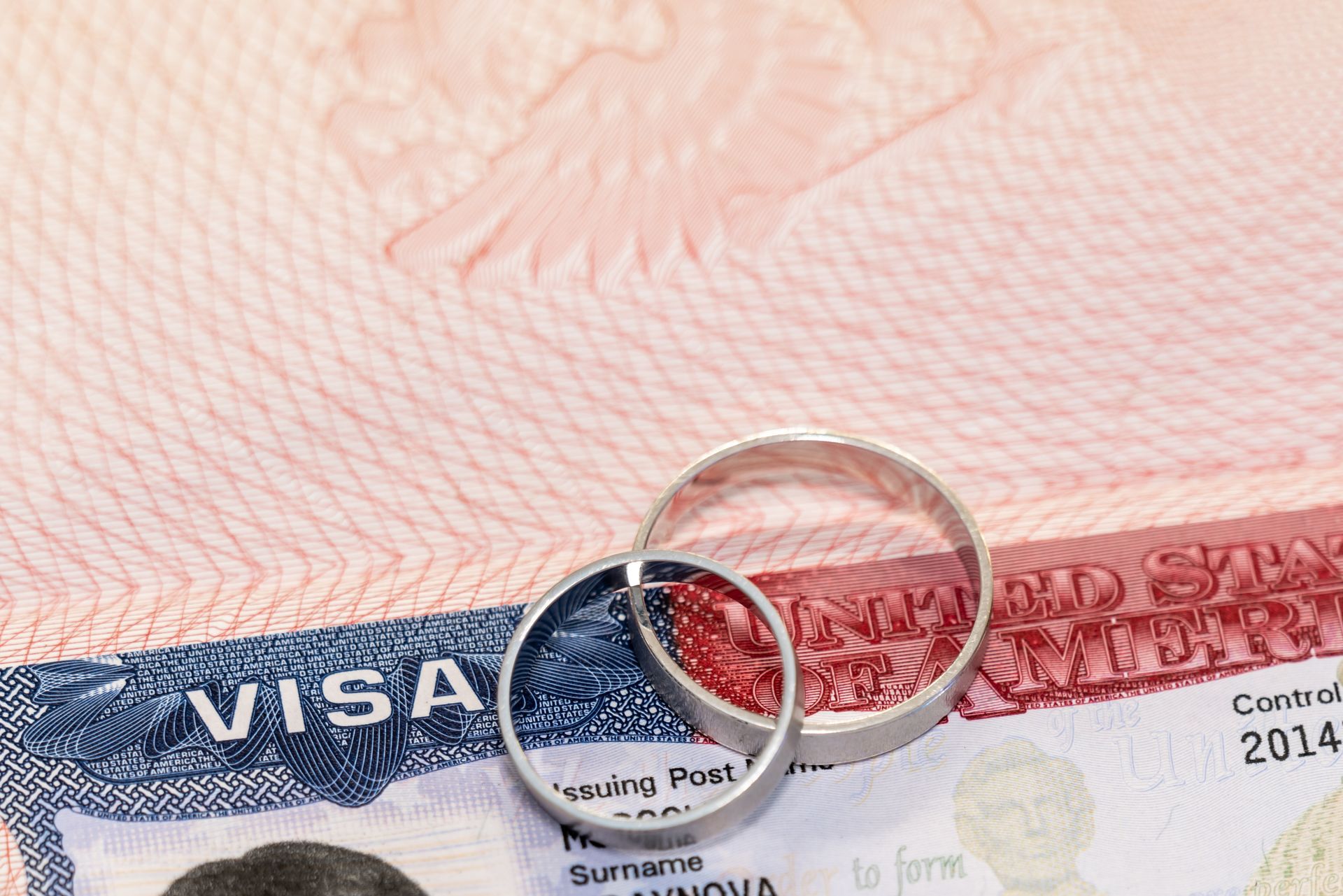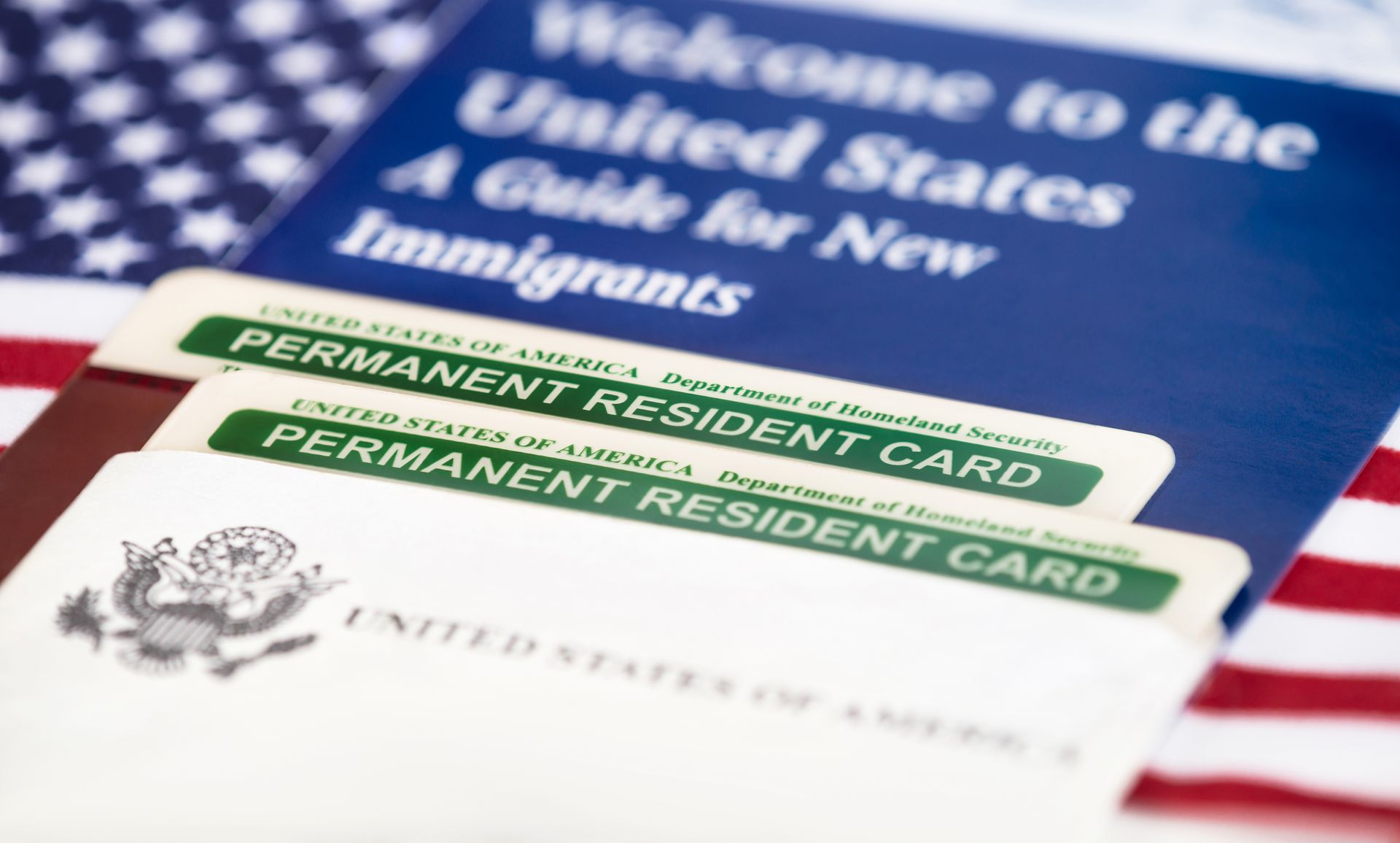Do You Qualify for U.S. Citizenship? Key Requirements Explained
Do You Qualify for U.S. Citizenship? Key Requirements Explained
Becoming a U.S. citizen is a life-changing step that opens new opportunities for individuals and families living in the United States. Whether you're seeking the right to vote, stronger job prospects, or the ability to sponsor loved ones for immigration, citizenship offers significant benefits. But before you begin the journey, it's important to understand the qualifications required by U.S. immigration law.
At Sintsirmas Immigration Law Co. LPA, our Cleveland-based legal team has decades of combined experience guiding individuals through the naturalization process. This post outlines the key eligibility criteria to help you determine whether you may qualify for U.S. citizenship.
What Is Naturalization?
Naturalization is the legal process through which a lawful permanent resident (green card holder) becomes a U.S. citizen. This process is overseen by U.S. Citizenship and Immigration Services (USCIS) and involves several steps, including submitting an application, passing a background check, and completing an interview.
Basic Eligibility Requirements
To apply for U.S. citizenship, you must meet specific criteria. Here are the general requirements outlined in the Immigration and Nationality Act (INA):
1. Lawful Permanent Resident (Green Card Holder)
You must be a green card holder for:
- 5 years, or
- 3 years, if you obtained your green card through marriage to a U.S. citizen and have lived in marital union during that time.
2. Age Requirement
You must be at least 18 years old at the time of filing Form N-400, the Application for Naturalization.
3. Continuous Residence
You must have continuously lived in the U.S. as a permanent resident for at least 5 years (or 3 years if applying through marriage).
4. Physical Presence
You must have been physically present in the U.S. for at least 30 months out of the last 5 years (or 18 months out of the last 3 years for applicants through marriage).
5. Good Moral Character
USCIS requires that applicants demonstrate good moral character, typically during the 5- or 3-year statutory period. This means you must not have committed certain crimes, failed to pay taxes, or lied during your immigration process.
6. English Language Proficiency
You must be able to:
- Read
- Write
- Speak basic English
Certain exemptions apply for older individuals with long-term residency in the U.S.
7. Knowledge of U.S. History and Government
You must pass a civics test covering the fundamentals of U.S. history and how the government operates. The test is conducted during your citizenship interview.
8. Attachment to the Constitution
Applicants must show that they support the principles and ideals of the U.S. Constitution and are willing to take the Oath of Allegiance to the United States.
Who Might Not Qualify?
Not everyone qualifies for naturalization right away. Some factors that may affect your eligibility include:
- Recent criminal convictions
- Extended time spent outside the U.S.
- False information on immigration forms
- Unpaid child support or taxes
If you’re unsure about your history or past immigration records, it’s important to get legal guidance before filing Form N-400.
Fast-Track Options: Military & Spouse-Based Applications
In certain cases, naturalization may be available through an accelerated path:
- Military Service: Active duty members or veterans may apply under special provisions with fewer residency requirements.
- Marriage to a U.S. Citizen: If you've been married and living with your U.S. citizen spouse for 3 years, you may qualify for an expedited process.
-
Need Help Understanding Your Options?
Citizenship is more than a legal status—it’s a commitment and a privilege. At Sintsirmas Immigration Law Co. LPA, we’ve helped many Cleveland residents navigate the naturalization process successfully. We can help assess your eligibility, prepare your paperwork, and represent you through every step of the process.










